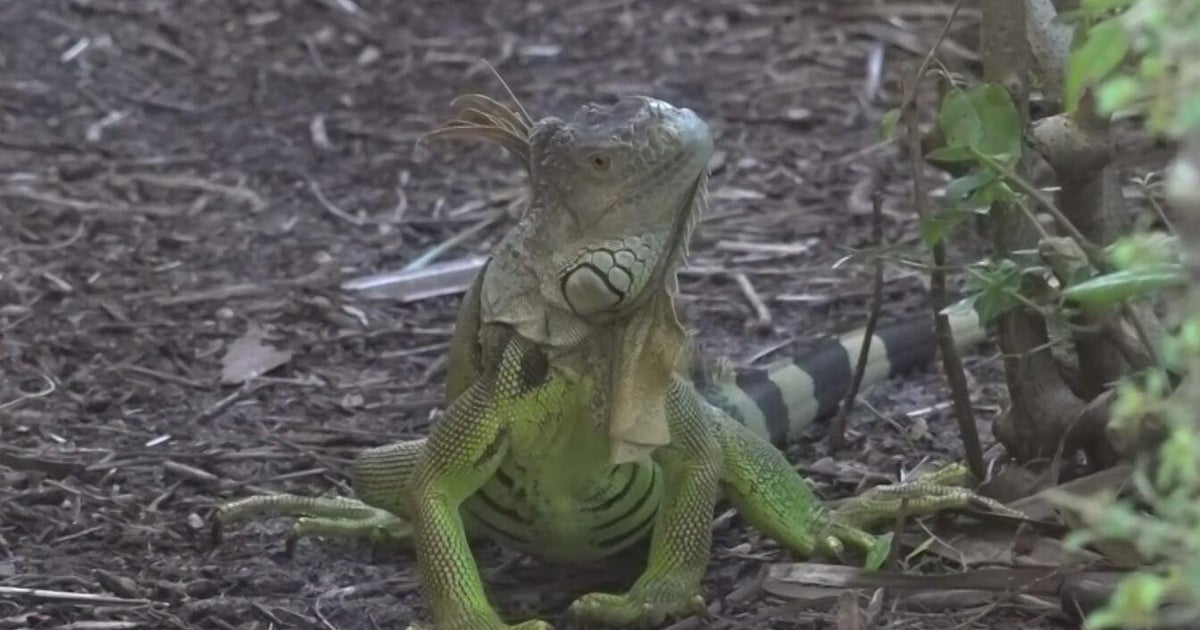Home / Health / Backyard Hazard: Iguanas Pose Serious Health Risks to Florida Families
Backyard Hazard: Iguanas Pose Serious Health Risks to Florida Families
18 Nov
Summary
- Iguana poop in backyard pools can cause salmonella infections
- Iguanas known to be aggressive, with bites leading to serious infections
- Experts advise avoiding parks and playgrounds with high iguana populations

As of November 2025, the presence of invasive iguanas in South Florida has become a growing concern for local families, with the lizards posing serious health risks. This issue came to light when Stephen Dickenson's son fell ill with salmonella after jumping into the family's backyard pool, which had been contaminated by iguana droppings.
Dickenson, who has since become a professional iguana trapper, explains that the connection between iguanas and salmonella was not something his family was previously aware of. However, his son's sickness has prompted him to raise awareness about the dangers these lizards can pose, particularly in public spaces.
Experts like Dr. Otto Ramos, the director of the Division of Pediatric Infectious Diseases at Nicklaus Children's Hospital, confirm the link between iguanas and salmonella, as the reptiles are known to carry the bacteria in their feces and saliva. Additionally, Ramos warns that iguanas can be aggressive, with their bites often leading to serious infections.
To keep families safe, Dickenson and health professionals advise thoroughly inspecting parks and playgrounds for signs of iguanas or their droppings before allowing children to play. They also recommend washing hands with antimicrobial products after outdoor activities, especially before eating. For those with iguanas in their own backyards, experts recommend taking steps to remove the lizards to minimize the risk of exposure.
As the invasive iguana population continues to grow in South Florida, the need for vigilance and proactive measures to protect public health has become increasingly apparent. By raising awareness and providing practical guidance, local authorities and experts hope to empower families to navigate this emerging environmental challenge safely.




